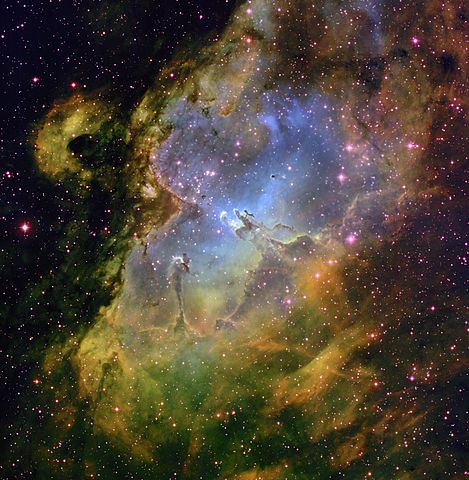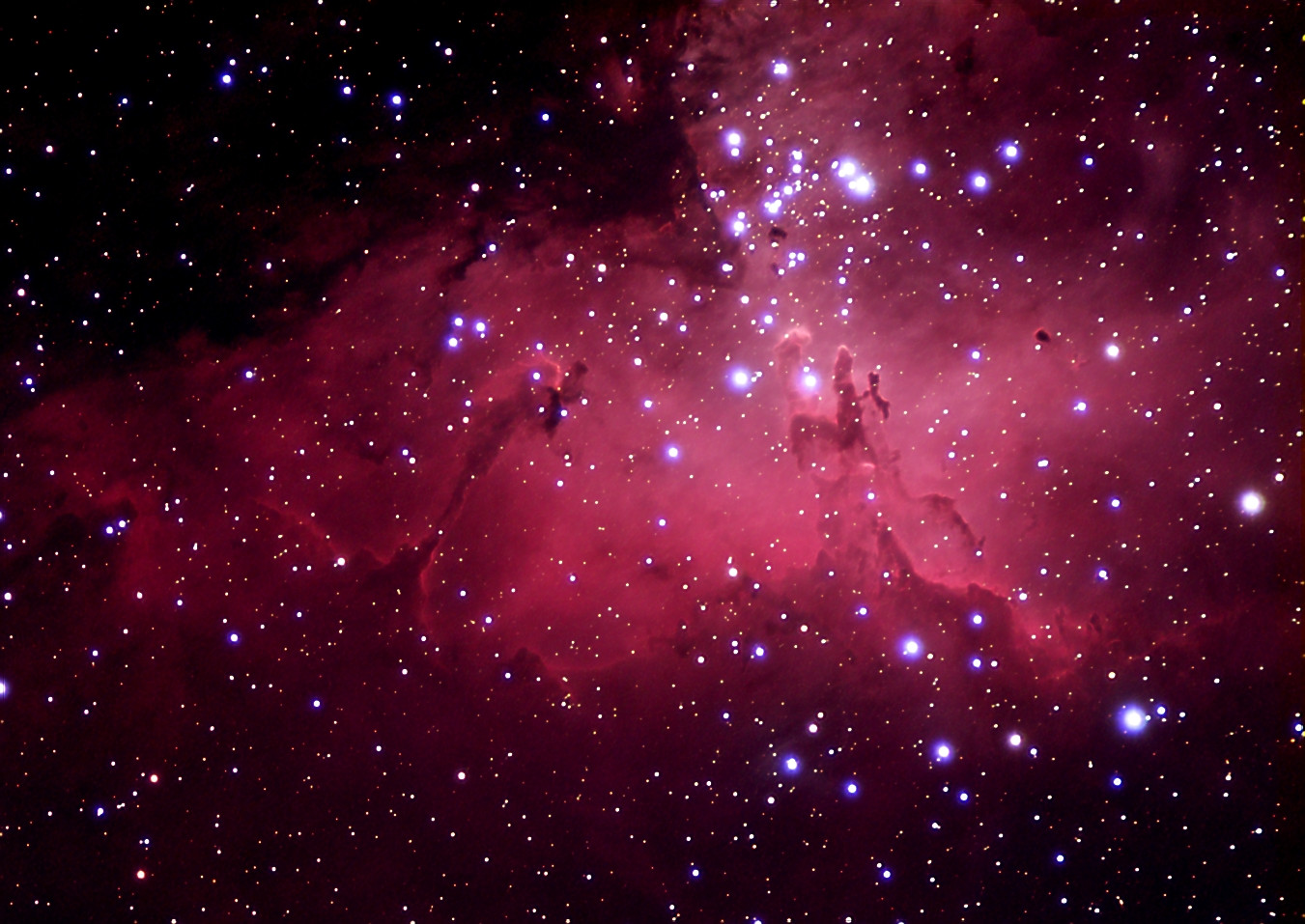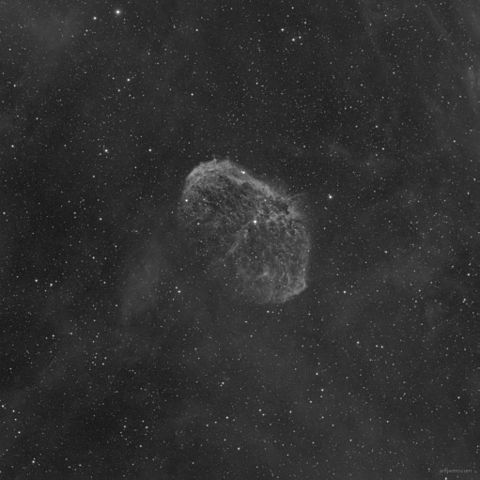Size
The description of the item is "OXYGEN III NARROWBAND FILTER - 2 IN".
That '2 IN' is about what you would need to screw it into. These go into the eyepiece of a telescope. A 2" filter is 50.8mm across and you would probably need a special adapter to take it to a photographic lens filter diameter (I don't know of any). Furthermore, unless you are dealing with rather small lenses, the smallest filter size that I use is 52mm. This wouldn't fit.
Narrowband
A narrow band filter is one that has a small bandpass.
The 2" OIII narrowband filter isolates the two doubly-ionized oxygen lines (496 and 501nm lines)
This filter is on the order of 5nm wide (maybe a bit wider) in the blue-green part of the spectrum. Its goal is to capture the light from doubly ionized oxygen.

What does this mean? Its used in astrophotography to capture the blue channel in photographs such as:

In this, the green is from Hα, and the red from the SII (Sulphur) transition. This isn't the "real" color (Hα is at 656nm which is actually a red) and SII is a deeper red at 672nm.
The true color for the image is actually:

(from http://thinktribally.org/article/coming-life-hubbles-25th-anniversary-honored-new-hi-definition-photo-pillars-creation-eagle-nebula/ )
What would a photograph through one of these filters look like?
An example from a Hα filter that is 3nm wide of NGC 6888 on Wikipedia is:

Or the horsehide nebula in Hydrogen Alpha here
These images are not in color because there is no color to be seen in the photograph. Its all one very narrow band of the light and is best understood in terms of grayscale.
They are of very limited use for general photography.
What to actually use
It depends on what you want to photograph. There is no way to say what filter one should have. They are tools. Asking this question is like asking "should I get a philips screwdriver of size 2 or size 3 for building a house?" Chances are you will want a few of them - of different types. The same is true of filters. However, as with building a house, there are some that are less useful than others as they are very specialized in their use. Astrophotography filters are very specialized tools.





